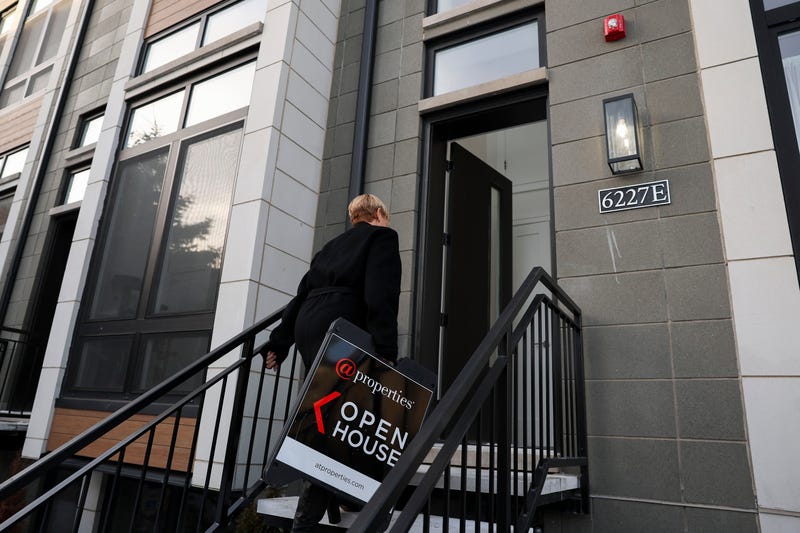
CHICAGO (WBBM NEWSRADIO) — Advocates for the poor are proposing policy changes to help close racially driven gaps in family wealth across Chicago.
In a report titled “The Color of Wealth in Chicago,” which is released annually by the Chicago Community Trust, researchers found that white families reported a median net worth of over $200,000. African American families, meanwhile, reported having a median net worth of zero dollars. No savings, no cushion.
The report found that an estimated 72% of white families own a home, compared to an estimated 34% of Black families. Andrea Saenz, president of the Chicago Community Trust, said helping people become homeowners is an important way to build wealth.
“There are many different initiatives underway across Chicago … about how to help moderate income people get into a position where they can afford a mortgage,” Saenz said. “Even in these really difficult times with high interest rates, there are community-based organizations that are testing out lots of different ways to help people get into that first home so that they can have this asset that grows over time.”
Even after residents become homeowners, though, Saenz said more is needed to help Chicago’s vulnerable communities.
“Building businesses, getting amenities into the community is another thing that we are engaged with,” Saenz said. “There’s a philanthropic role; there’s obviously a business investment role; there’s a public role to help enable these kinds of developments in neighborhoods that haven’t seen investment in many decades.”
Another finding in the report showed that many families don't have bank accounts. Professor Darrick Hamilton, head of the Institute on Race Power and Political Economy, has ideas about addressing that.
“I ultimately believe that we need the public sector to make sure that vulnerable populations, particularly in the 21st century, have access to something as basic as an account,” he said. “The technology to do so is not beyond us.
WBBM digs into the wealth gap — and ways to address it — on this week’s edition of “At Issue,” which airs Sunday at 9:30 p.m.
Listen to WBBM Newsradio now on Audacy!
Sign up and follow WBBM Newsradio
Facebook | Twitter | Instagram | TikTok
